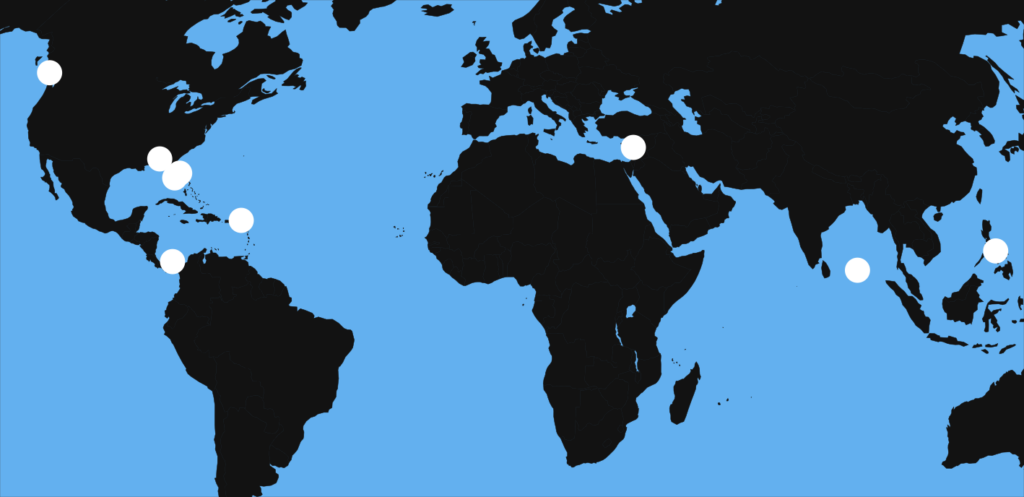
The following projects are making floating cities a reality. Their founders were inspired by The Seasteading Institute’s messaging and are committed to The Eight Great Moral Imperatives.
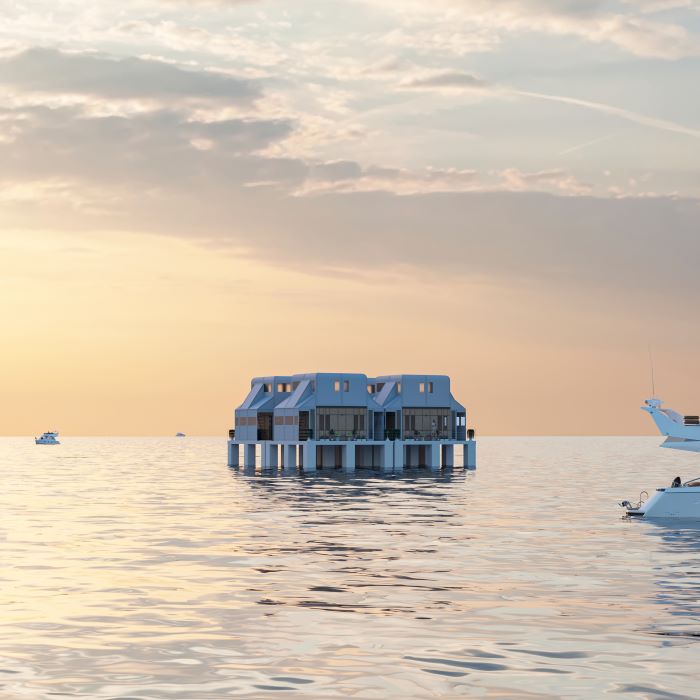
Arkpad
South Asia
ArkPad is a Naval Engineering company that is developing designs for ultra-stable floating houses, solar-powered liveaboards, and many other seasteading-adjacent projects such as research into extracting lithium from saltwater. They are building their first floating house in Boracay, Philippines with plans to expand production into several full size floating resorts. They are also developing blockchain applications to help Seasteading projects secure funding and advance seasteading related technologies to the next level, to support entire floating economies.
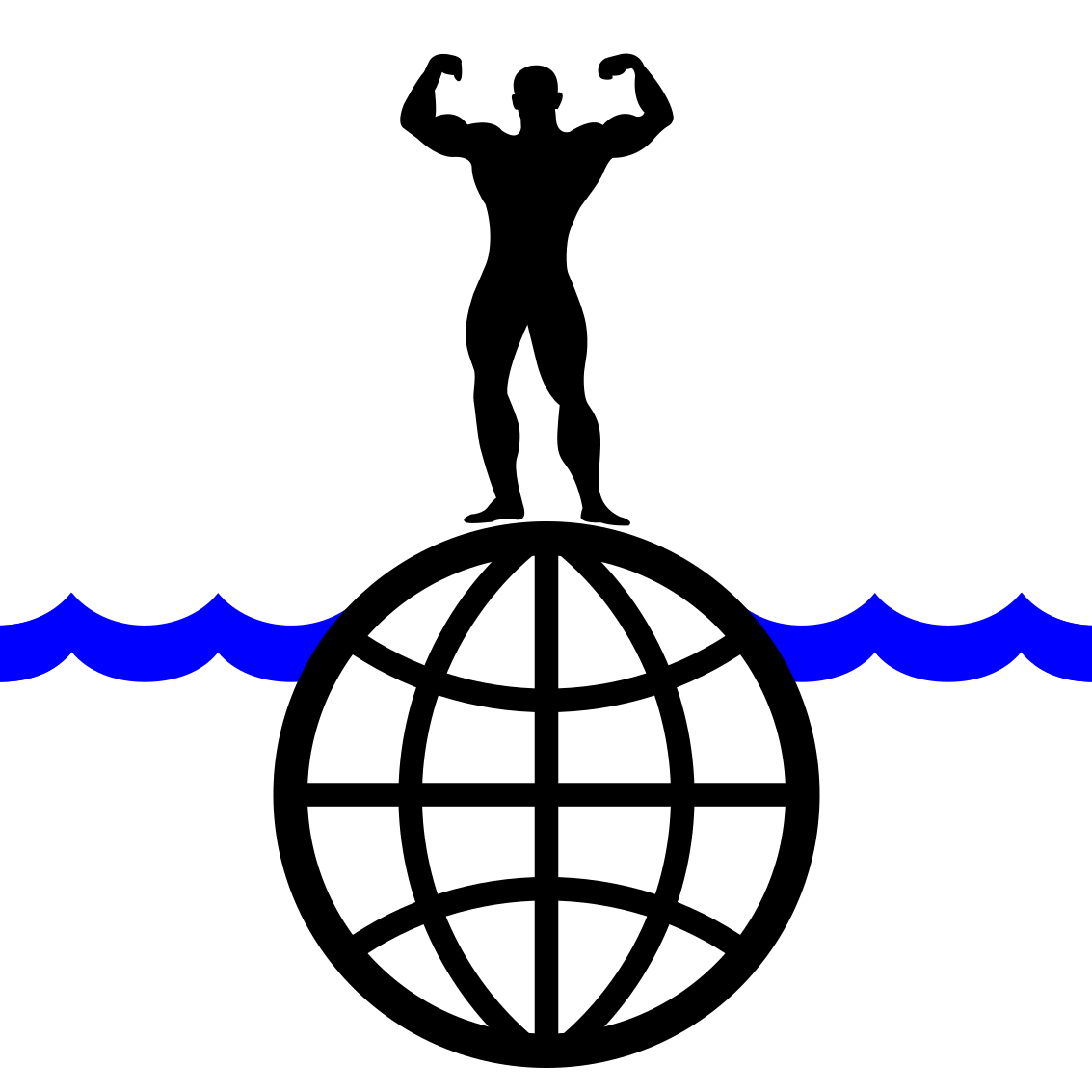
Atlas Island
Worldwide, starting in Florida
Atlas Island is an international community of people who believe in freedom and individual sovereignty. This project focuses on a practical approach to achieving freedom rather than lofty claims of nationhood. It combines the concepts of Seasteading and free private cities into a realistic plan. If you believe in individual sovereignty and want to help make that a reality, please visit our website and sign up as a member!
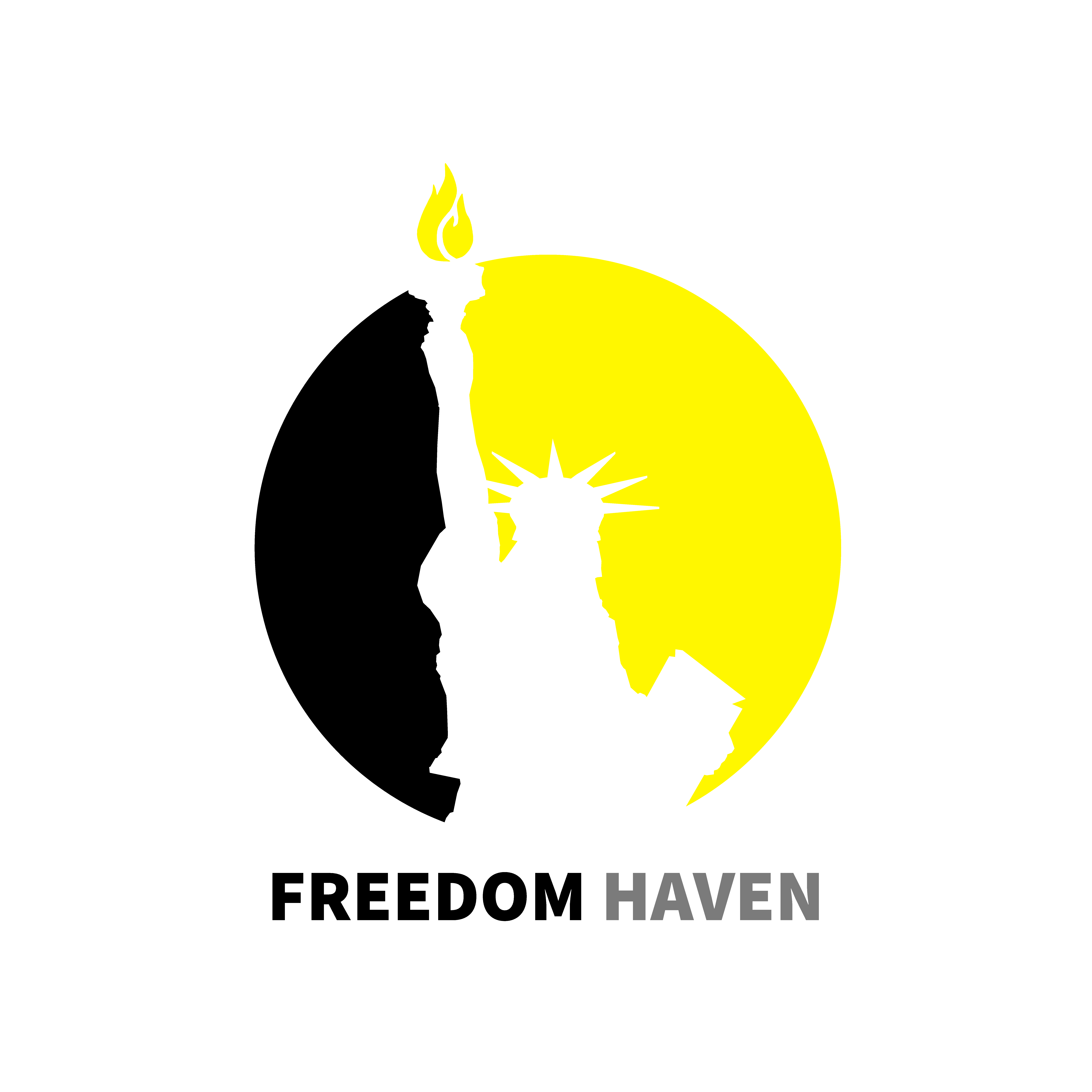
Freedom Haven
South Bay of Bengal, Northern Indian Ocean
The Freedom Haven project is unique among current seasteading projects in two areas:
- our goal (to provide the highest level of socio–economic freedom in the world) and
- our location (outside the Exclusive Economic Zone or EEZ).
While it is true that there are small, isolated groups who already experience socio-economic freedom outside the EEZ today, our goal is to:
- make socio-economic freedom attainable on a large scale (with a starting population of 5,000-10,000 people),
- integrate into global trade routes, and
- be cost-effective enough for more impoverished sectors of society to participate and likewise prosper.
This thriving free-market will be able to export products & provide services (like medical care) at a higher quality and lower cost than what is available today.
To avoid the established pattern of existing national governments shutting down seasteading startups who set up INSIDE their EEZ, we have chosen for Freedom Haven to forever stay OUTSIDE of all EEZs. According to the UNCLOS, which almost all countries have either signed or promised to uphold, this will place us outside of any government’s jurisdiction.
We have a 19-year phased plan to build Freedom Haven and have it on the high seas by 2037, after which we plan to eventually be recognized as a state under the Montevideo Convention.
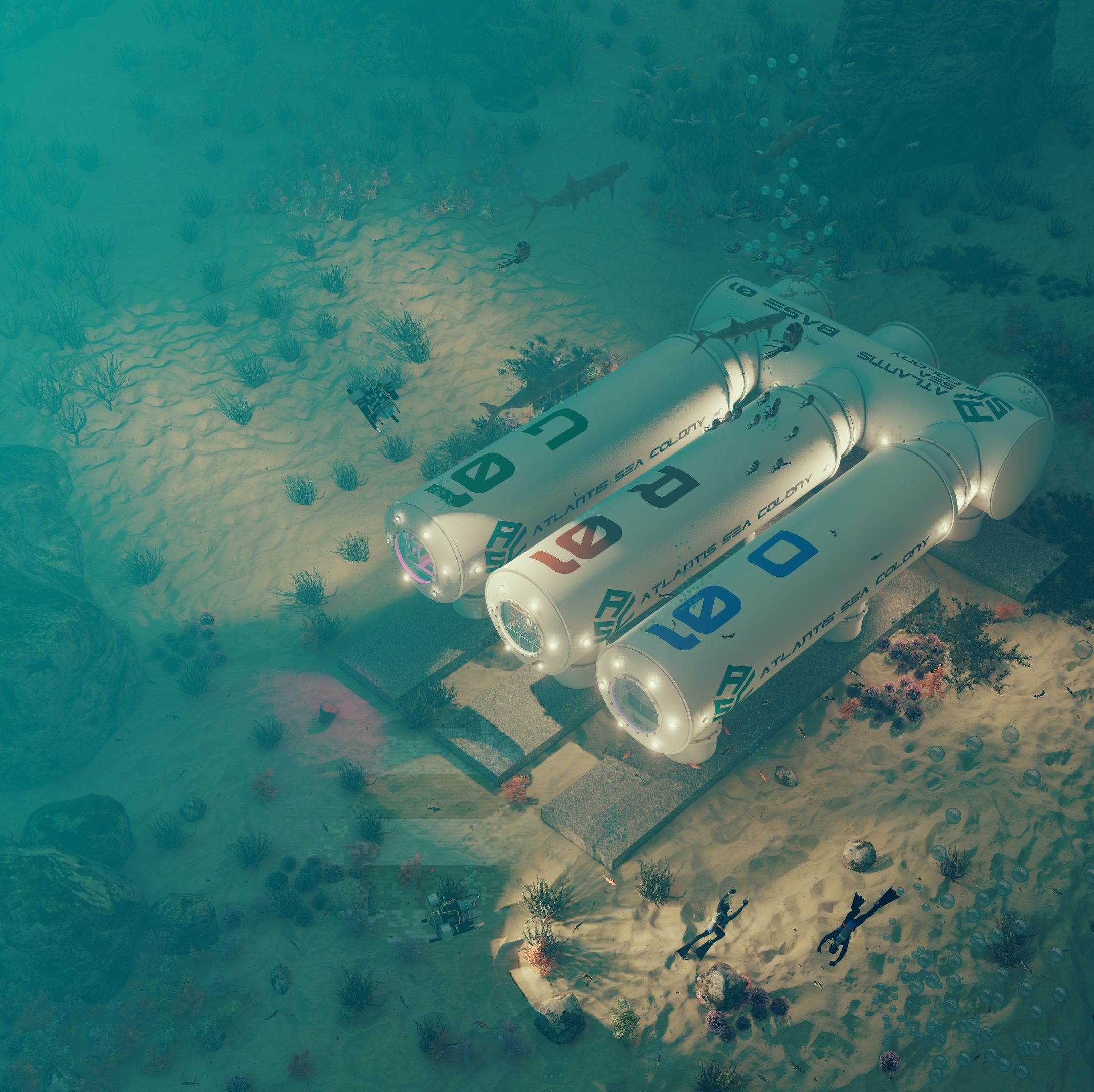
Atlantis Sea Colony
Mississippi
Atlantis Sea Colony (ASC) is building modular, underwater habitats to serve as hotels, homes, and businesses. Their goal is to make access to and from any underwater dwelling as simple, safe, and dry, as visiting any other location in the world. Data-centers, energy production and storage, office space, food production, mining, scientific research, space research, these and many more can be done underwater, and in some instances, can be done better.
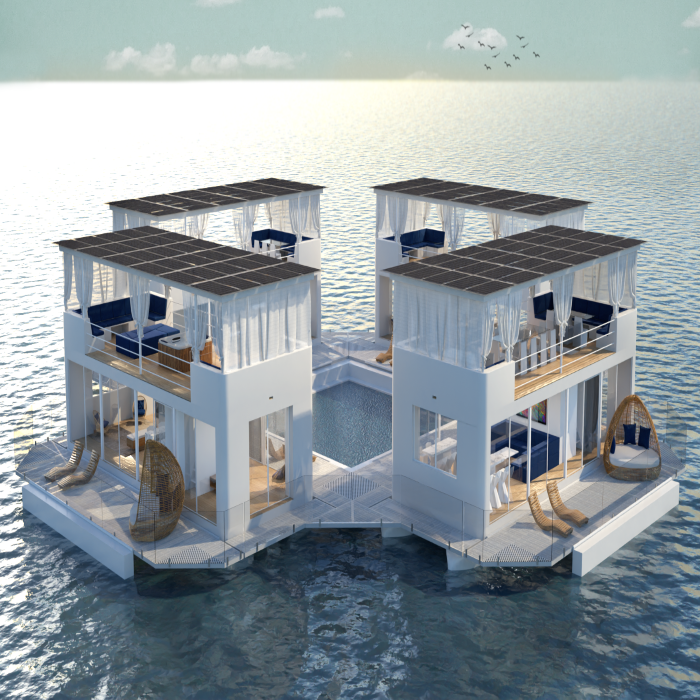
Arkhaus
United States
ARKHAUS is a dual-phase hospitality & property-tech company spearheading the global expansion of hospitality and other businesses to marine environments.
ARKHAUS will first build a global network of floating private social clubs, each located on 4 solar-electric glass house-yachts connected to form a flotilla. With the Miami location on track to launch in 2023, the company aims to open 7 locations in 5 years and a total of 25-30 locations in 10 years.
In a second phase the company will deliver a B2B FHAAS solution, enabling waterfront hotels, restaurants, bars, and other venues to expand to their waterways as well. This ‘Floating-Hospitality-as-a-Service’ solution will harness ARKHAUS’ knowledge, access to vessels, integrated financing, staffing, and operational capabilities to offer a seamless one-stop-shop, spearheading the global expansion to water.
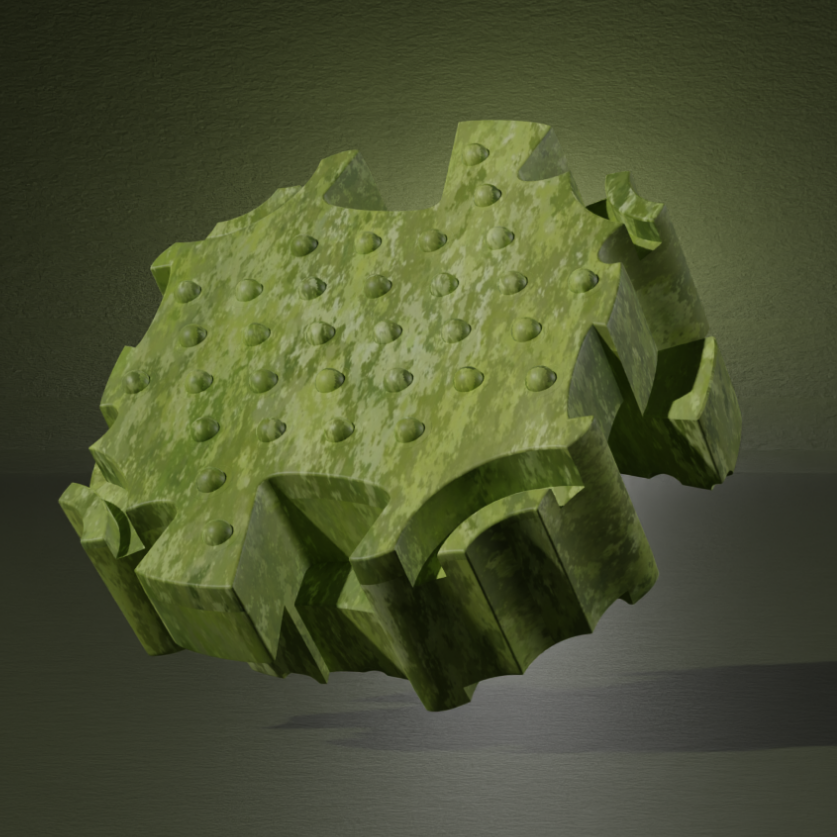
SeaBrick
Vancouver, Canada
SeaBrick is a buoyant, interlocking block system for renewable construction. SeaBrick is composed primarily of seaweed biomass and designed to support marine structures of all kinds. It is a revolutionary new way of building on the ocean that will address the challenges of carbon sequestration, ecological preservation and human displacement from climate change.
SeaBrick will be used to build wave breaks, power platforms, mariculture operations, floating buildings and ocean-based communities, providing economic opportunities while restoring ocean ecosystems and reducing pressure on land ecosystems. And unlike concrete, which is responsible for 9% of global GHG emissions, SeaBrick will sequester carbon – and lots of it.
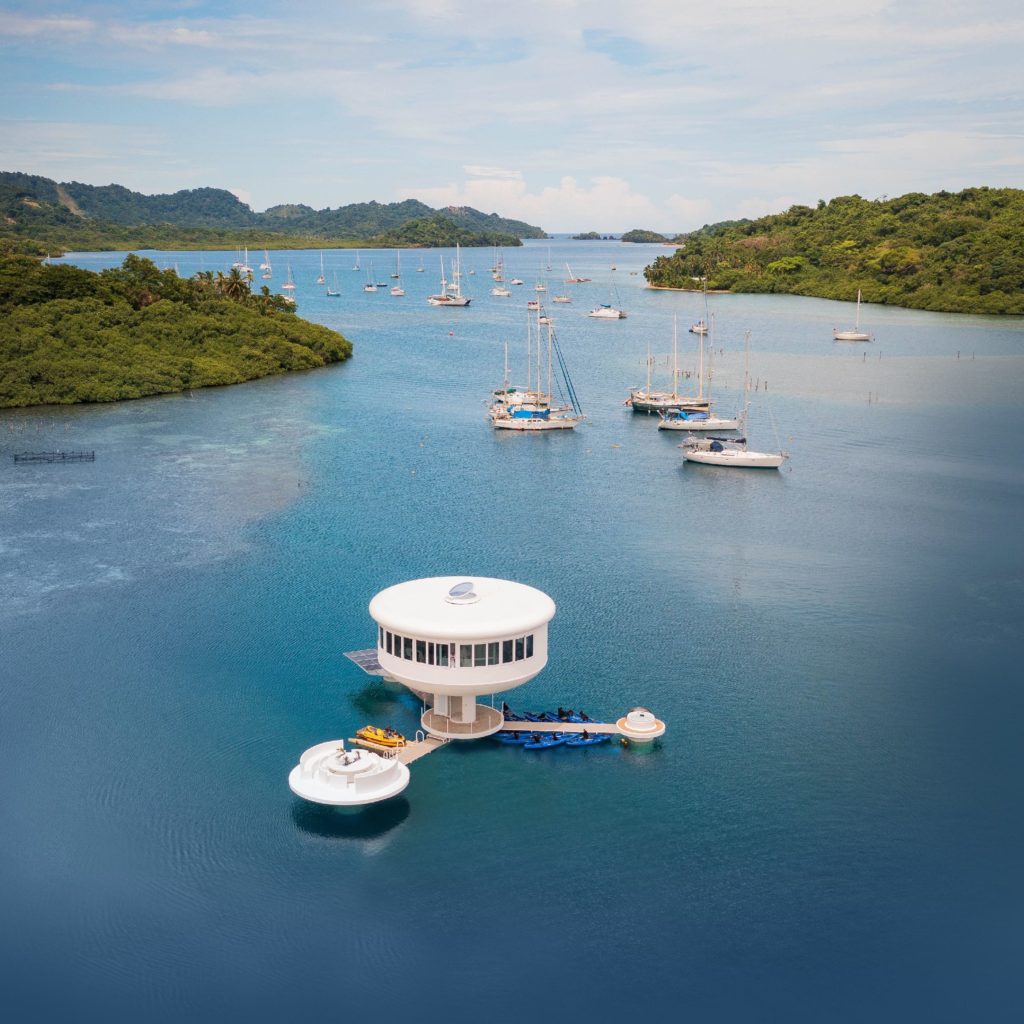
Ocean Builders
Colón, Panama
Ocean Builders has designed and developed the world’s first floating eco-restorative smart home. An innovator of ocean technologies, marine sciences, and floating architecture, OB has dubbed their inaugural units as “SeaPods.” The SeaPod is uniquely designed to offer an affordable luxury experience, while minimizing its footprint, allowing you to float above the waves with 360° views of stunning landscapes.
The SeaPod is only where it begins — Ocean Builders is evolving its capabilities in floating design, engineering, architecture, and smart home technology. Born in Thailand and raised in Panama, this team of aquapreneurs has its sights set on growth in the Asia and European continents. The dawn of the aquatic age has begun!
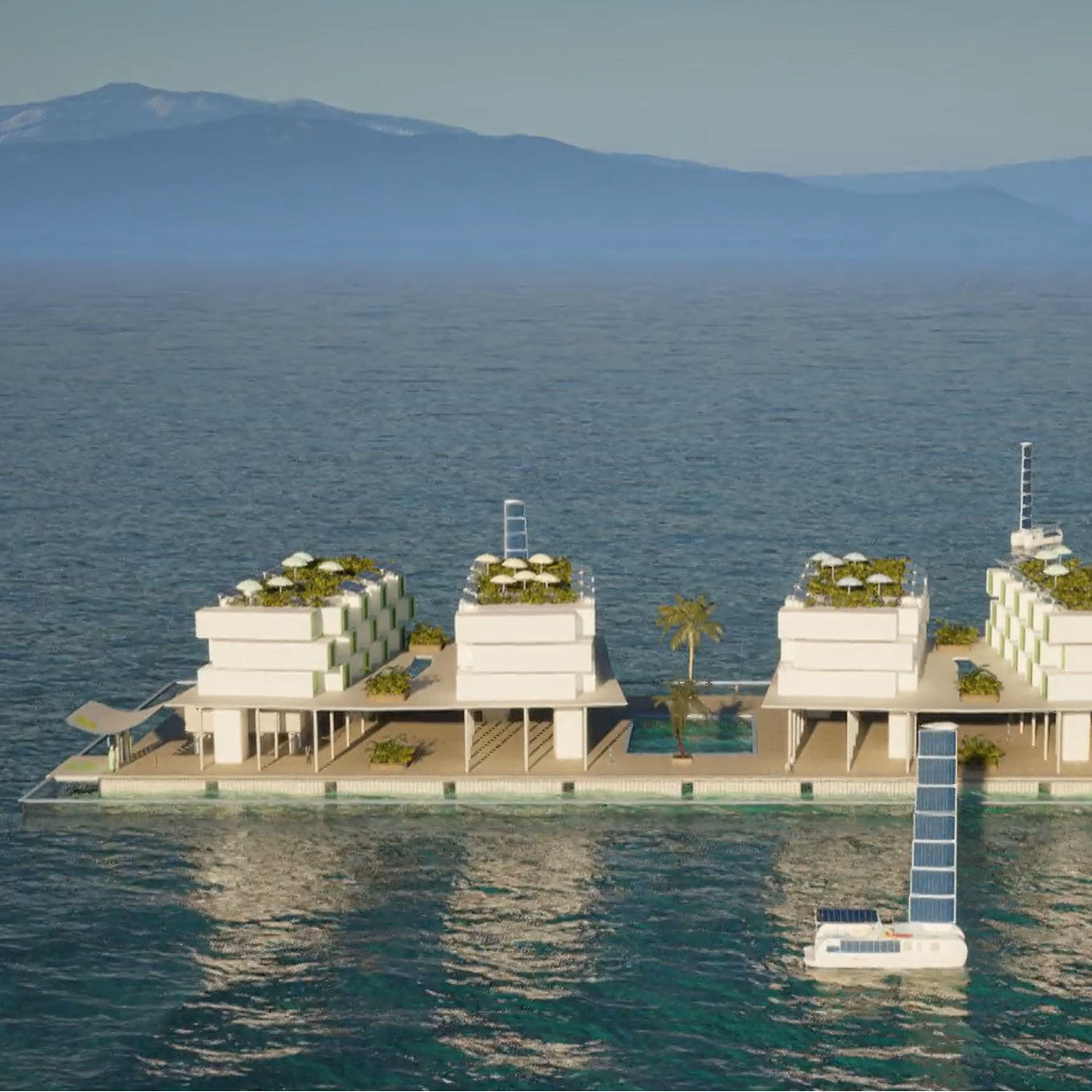
Floating Hydrogen Ports
Lebanon
The Floating Hydrogen Ports is a modular, scalable, and sustainable green energy platform planned for Lebanon in 2025 and scaled up in 2030. It will use silent, emission-free hydrogen production to power facilities and vehicles. The August 2025 milestone is a 6,600 sqm resort with 110 rooms, restaurant, spa, and nightclub plus ten hydrogen-fueled catamarans. Built of pipes and fiberglass, it will integrate power, water, waste, and vegetation. This innovative project can create jobs, income, and growth for Lebanon’s economy. The 2025 model will demonstrate feasibility for the 2030 gigawatt-scale expansion.
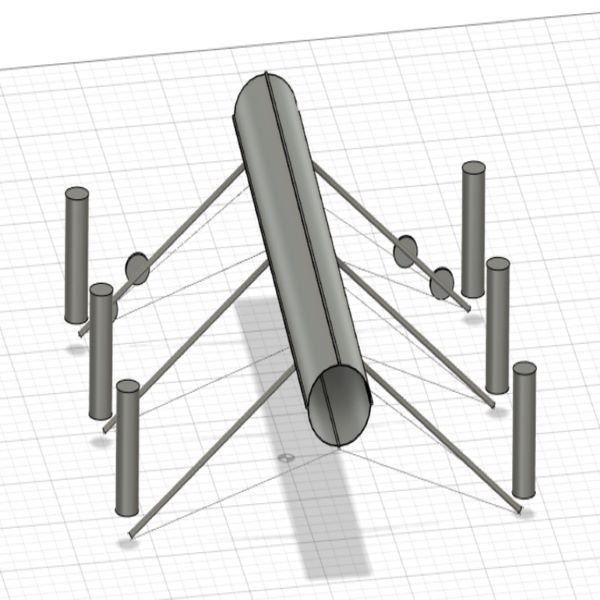
Seastead.ai Ltd
Seastead.ai is designing and soon building Single Family Seasteads. These will be mobile so their owner can choose which legal jurisdiction they are under. They will be solar/electric with lots of room for solar. They will be much more stable than a similar priced boat but much slower. Seastead.ai will develop software to plan routes taking into account eddy currents.
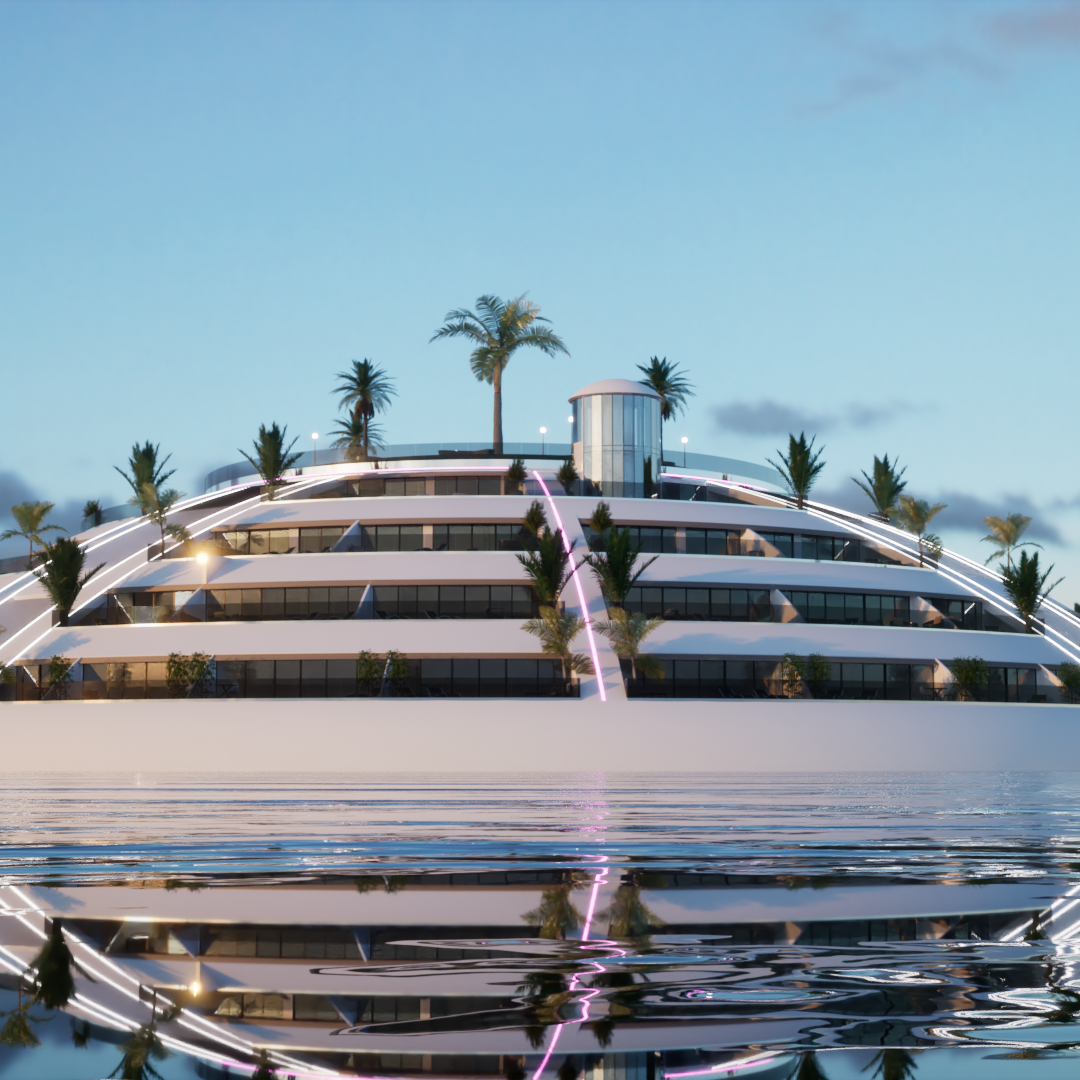
Arktide
Panama City, FL
Arktide is an environmentally friendly Seasteading company that seeks to build affordable real estate on the seas. We are a contestant in the $100M Carbon Removal XPRIZE competition with a stated goal of removing over a gigatonne of carbon from the Earth’s atmosphere through natural ocean processes. We aim to create sustainable infrastructure which provides all of the basic needs for humanity, as well as allow ocean life to flourish.
Based in Florida, Arktide is actively developing new designs for safety and affordability for individuals and businesses moving to the seas. With our ingenuity and initiative, we will expand the horizons of the Seasteading movement.
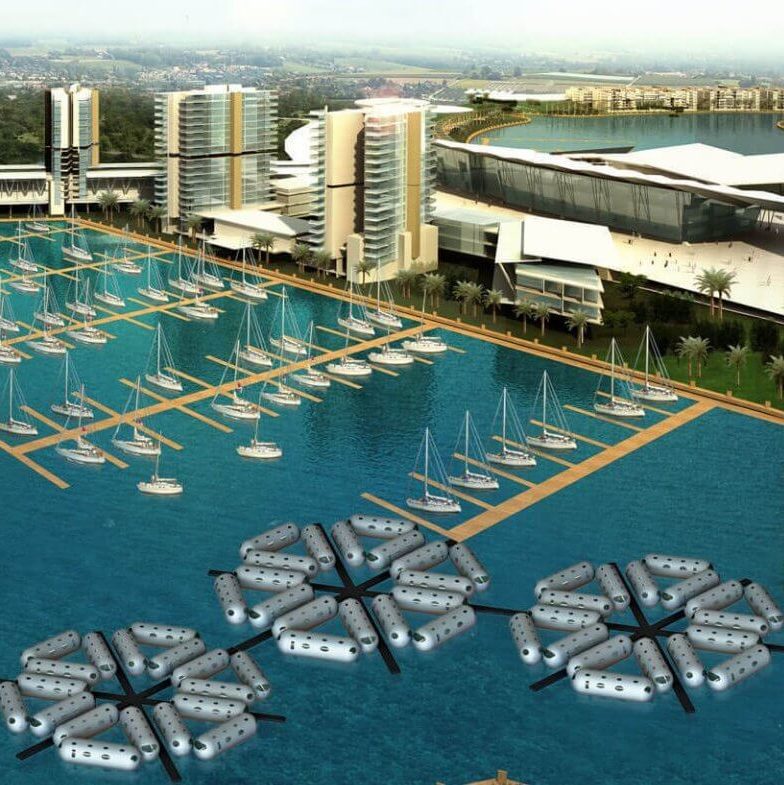
Ventive Floathouse
San Francisco
“The Ventive Floathouse mission is to build permanent ocean communities for the masses, using modular structures designed to make ocean living safe, comfortable, and affordable.
“We’re building new types of floating-structures capable of flourishing at sea permanently, to organize them into floating communities and ultimately into independent cities in international waters.”
Past Projects
Floating Island Project in French Polynesia
In 2017, the Floating Island Project in French Polynesia gained a lot of momentum when The Seasteading Institute signed a Memorandum of Understanding with the government of French Polynesia. Our partners in the seasteading community formed Blue Frontiers to develop the project.
During the election that year, a small minority of French Polynesians spread misinformation about the project to discredit the President, Édouard Fritch. Despite the apparent opposition, the President easily won re-election. The political fighting did cause the Floating Island Project to be postponed indefinitely. A major crash in cryptocurrency that year did not help. Remaining funds for the project were returned.
We at The Seasteading Institute certainly know how risky it is to place one’s hope in the political process. While this particular project was not completed, we gained many supporters and connections who are working on related seasteading projects in other locations. Blue Frontiers, in particular, has been in contact with other nations interested in special governance frameworks.
Blueseed, a cruise ship off the coast of San Francisco
Started by former employees of The Seasteading Institute, the “Googleplex of the sea” raised seed funding for a visa-free startup community and entrepreneurial incubator in international waters near the coast of Silicon Valley.